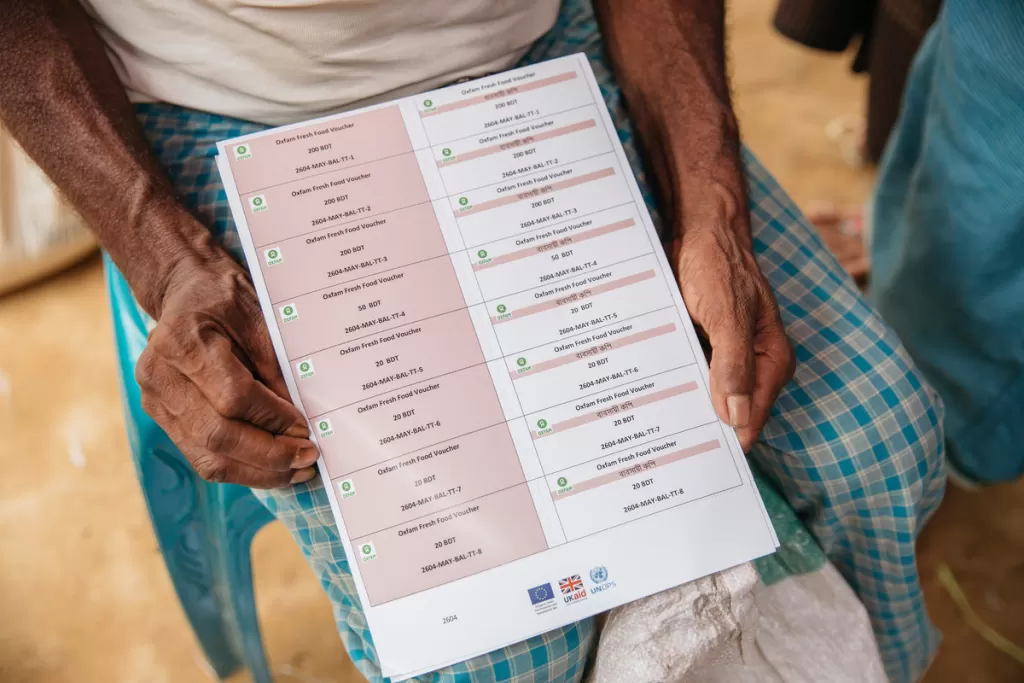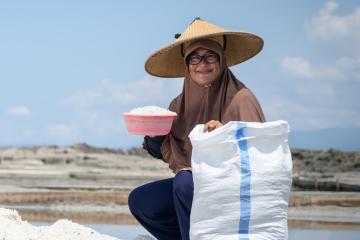How we spend funds
Good aid work means getting the right aid to the right people as quickly as possible, as well as listening to communities about what they need long term.
DEC member charities know very quickly how much money they can expect from our appeals and this helps them to rapidly build up a large-scale response to a disaster. They don’t have to submit plans or applications before using DEC funds because they have already shown they work to the highest standards but there are strict reporting and evaluation procedures to ensure transparency and accountability.
One month after an appeal launch, members set out their ongoing disaster response plan for the first six months, and inform the DEC whether they are likely to need their full allocation of funds.
The DEC calls this initial six-month response ‘Phase 1’ and members must spend at least 30% of their IoC allocation during this time, with the majority of funds expected to pay for aid supplies. In the first six months of the response to Typhoon Haiyan in the Philippines in 2013, 66% of funds spent went on aid goods, with the remainder used to make sure that that aid was delivered quickly and effectively.
In ‘Phase 2’ further emergency work may still be required but the emphasis wherever possible is on our commitment to helping communities to rebuild their lives. This work continues for two years, or sometimes three after the largest disasters such the Haiti earthquake and Philippines typhoon.
Any unused funds from ‘Phase 1’ are spent here, as well as any money received from an appeal that is in addition to what the DEC initially allocated.
The DEC monitors members’ progress and carries out checks on their expenditure within the first three- and six-month periods, and at six monthly intervals after that.
Your donation will fund humanitarian programmes which will cover both the immediate emergency response and longer-term humanitarian activities. Our programmes typically last 2 years, although the period can be extended depending on circumstances. During this period, any unspent funds are held in cash or near-cash investments and any income earned on these funds (such as bank interest) may be used to fund the whole of the DEC’s work.






















